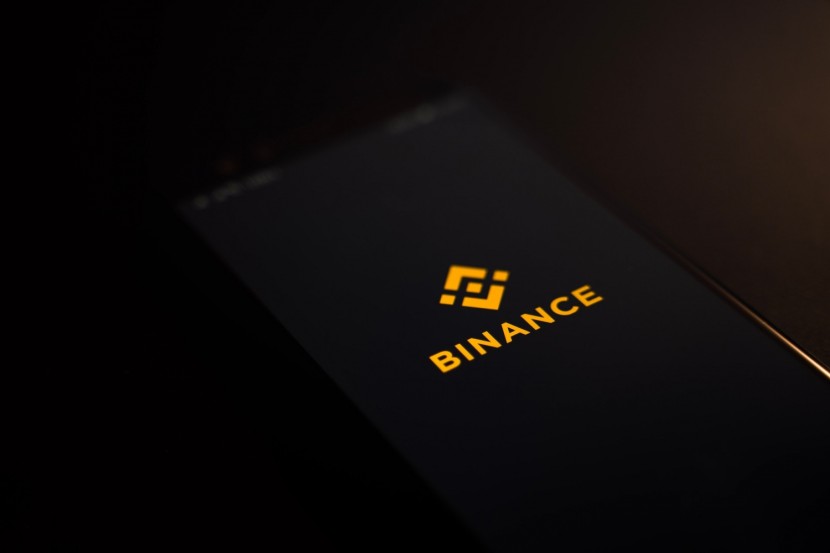Binance, which has been under fire recently, is facing another setback as payment card companies Mastercard and Visa cut ties with the cryptocurrency exchange as global authorities tightened their grip.
As the crypto firm confronts intensive regulatory scrutiny and larger issues regarding financial compliance within the sector, this development is indicative of a growing reluctance on the part of conventional financial institutions to deal with the company.
Severed Connections

Binance said Thursday, August 24, through X (previously Twitter) that Mastercard will soon stop offering Binance-branded cards in Latin America and the Middle East, which consumers may use to spend their crypto on items.
"The product, like most debit cards, has been utilized by Binance's users to pay for basic daily expenses but in this case, the cards are funded with crypto assets," Binance Customer Support wrote on X.
This affects a negligible fraction of Binance's user base, which is less than 1% of users in the markets specified. This product will still be available for purchase until September 21, 2023, when the card will no longer be accepted.
The company confirmed that there would be no impact on Binance accounts anywhere in the globe.
Another option aside from using crypto cards is Binance Pay. It is a contactless, borderless, and secure cryptocurrency payment mechanism developed by Binance, which users may use to make purchases and transfer crypto anywhere it is accepted.
Hello there,
— Binance Customer Support (@BinanceHelpDesk) August 23, 2023
The Binance Card will no longer be available to users in Latin America and the Middle East. The product, like most debit cards, has been utilized by Binance’s users to pay for basic daily expenses but in this case, the cards are funded with crypto assets. Only a tiny…
A Mastercard representative confirmed to CNBC that the business is discontinuing its association with Binance. The representative said that Binance's four pilot co-branded Mastercard card programs with the firm will end on September 22 in Argentina, Brazil, Colombia, and Bahrain.
"This provides cardholders with a wind-down period to convert any holdings in their Binance wallet ... There is no impact on any other crypto card program."
On the other hand, Visa has also taken steps to separate itself from Binance. A corporate representative told Bloomberg that the company had canceled a similar card partnership with Binance in July and that it had stopped issuing new co-branded cards with the firm in Europe.
This is just another example of the financial services industry's lackluster reception to cryptocurrency.
Regulatory Pressures
Previously, the US Securities and Exchange Commission (SEC) and the Commodity Futures Trading Commission (CFTC) have both issued strong statements of disapproval of Binance.
Like the now-defunct cryptocurrency exchange FTX, Binance, and its CEO Changpeng Zhao were hit with 13 accusations from the SEC for allegedly mixing billions of dollars in client assets with Binance's own cash. Nevertheless, Binance strongly refutes these claims.
Recently, the company sought a protective injunction against the SEC, claiming that the demands for information from the agency were "overbroad" and "unduly burdensome."
© 2026 HNGN, All rights reserved. Do not reproduce without permission.








